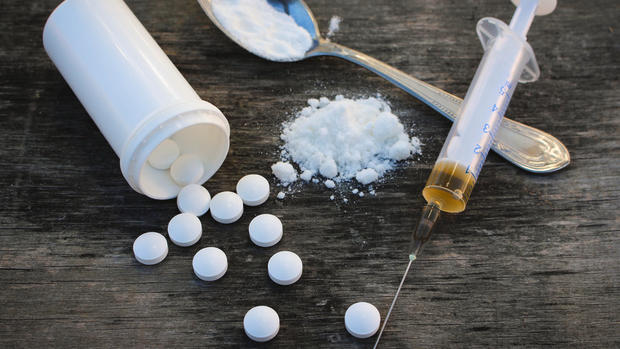Legislation Would Require Drug Testing for Welfare Recipients, but With a Twist

The concept of requiring drug testing for welfare recipients is not a new one. Such policies have been proposed in North Dakota before, though not made law. These policies have been implemented in other states, and litigated at length.
But the proposal before the 2017 legislative session seems more nuanced than what we’re used to. The bill is HB1308 and it was introduced by Rep. Daniel Johnston, a Republican from District 24 who is in his first term.
It would require the development of a drug testing program, but wouldn’t immediately remove benefits from those testing positive. The legislation, which you can read below, would take the first step of referring the recipient who tested positive to a treatment program.
If they refuse to enter that program, which they’d have to pay at their own expense, they would lose benefits for a year. If they complete the program but test positive again they would lose benefits for six months.
If someone who has been previous disqualified from benefits for a positive again tests positive they would lose benefits for a year.
One frequent criticism of this sort of drug testing is that it could cost the children of parents with substance abuse problems their benefits, but this legislation seems to address that. In two-parent household situations the law would permit testing only for one parent. Also, a positive test for a parent would not impact the benefits for the children. Rather, a “protective payee” must be designated to receive the benefits on behalf of the kids.
I like the emphasis on finding treatment for people rather than simply removing benefits. If this legislation is perceived as using drug testing to get treatment for people who are already in troubled circumstances, rather than a means to just deny benefits, it may be more politically palatable to some.
But I wonder if this is something North Dakota is ready for given our state’s shortcomings in providing alcohol and drug treatment programs overall?
Already judges in our state have been resorting to using jail sentences to get some people treatment. Is the state ready to handle an influx of new people seeking treatment from the TANF programs?
I’m not so sure.
Here’s the legislation:
[scribd id=336830857 key=key-u1X5t1t2akGx3wGMZxgt mode=scroll]




